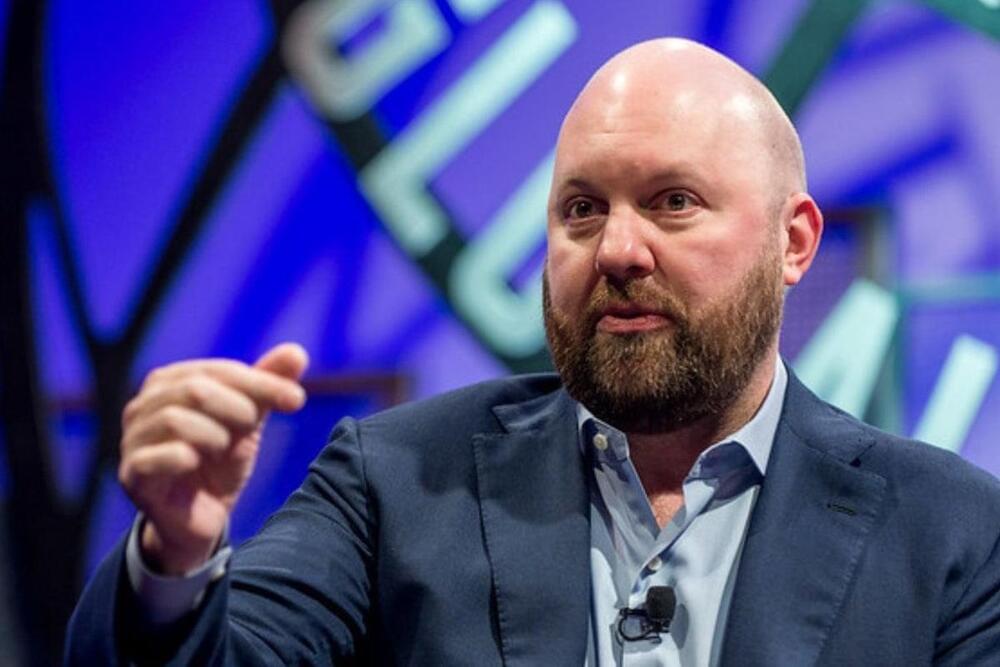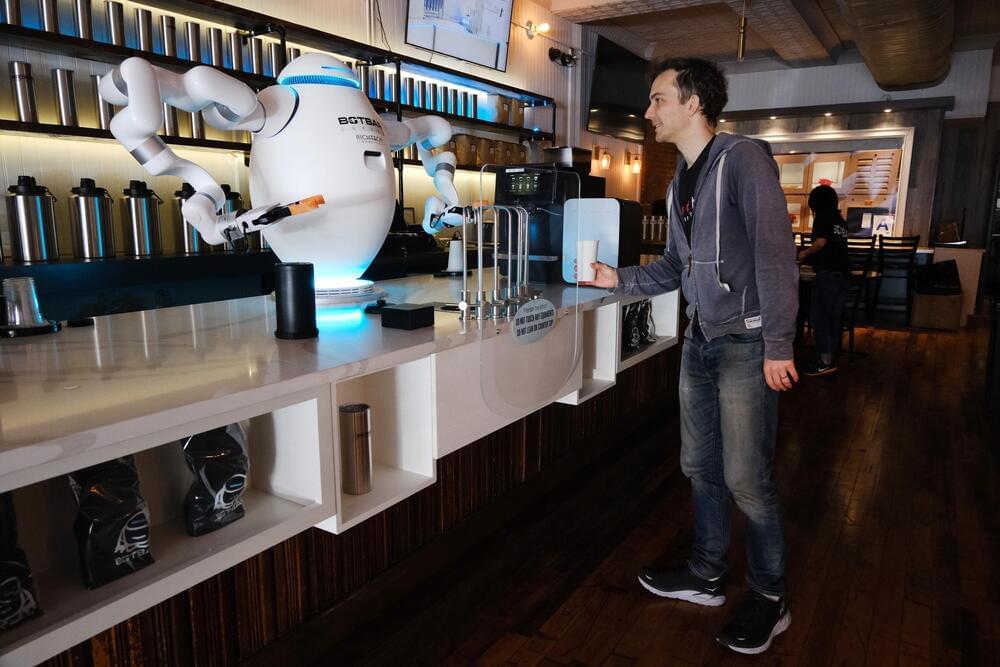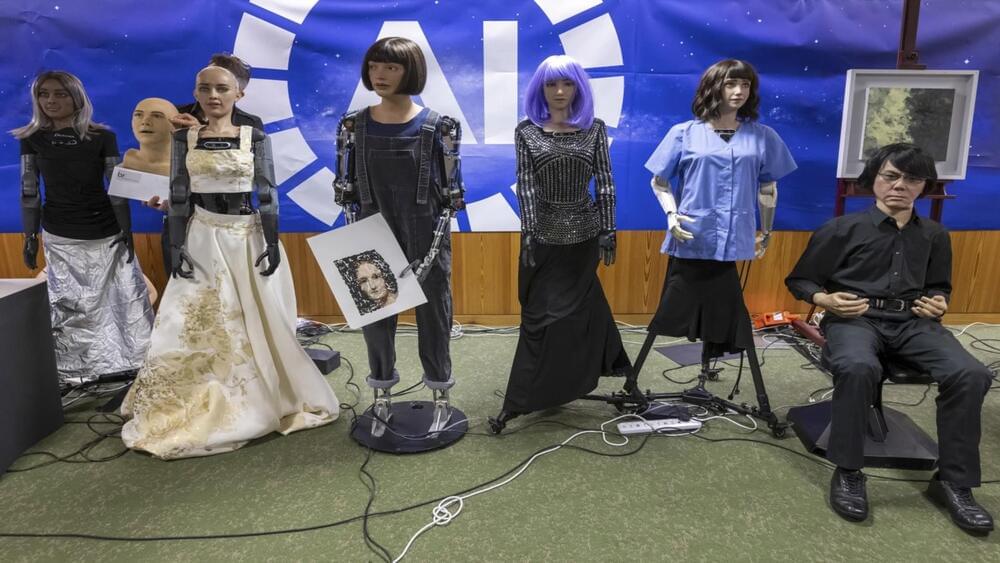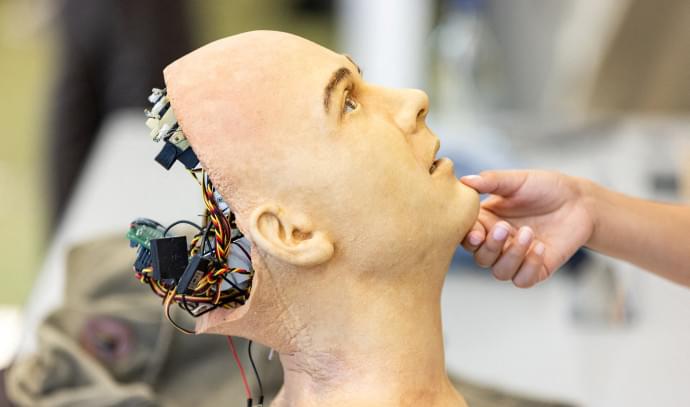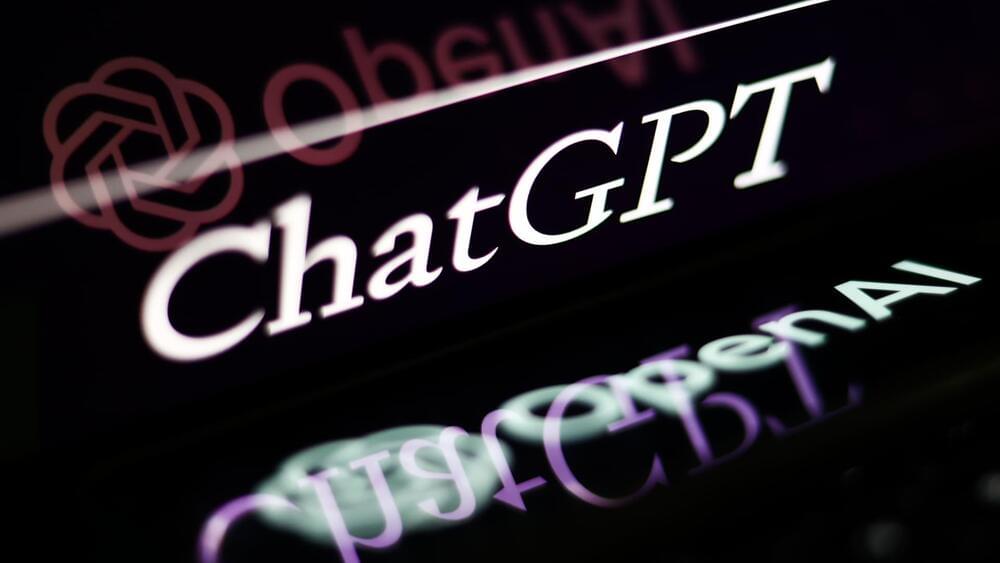What good is a powerful computer if you can’t read its output? Or readily reprogram it to do different jobs? People who design quantum computers face these challenges, and a new device may make them easier to solve.
The device, introduced by a team of scientists at the National Institute of Standards and Technology (NIST), includes two superconducting quantum bits, or qubits, which are a quantum computer’s analog to the logic bits in a classical computer’s processing chip. The heart of this new strategy relies on a “toggle switch” device that connects the qubits to a circuit called a “readout resonator” that can read the output of the qubits’ calculations.
This toggle switch can be flipped into different states to adjust the strength of the connections between the qubits and the readout resonator. When toggled off, all three elements are isolated from each other. When the switch is toggled on to connect the two qubits, they can interact and perform calculations. Once the calculations are complete, the toggle switch can connect either of the qubits and the readout resonator to retrieve the results.

